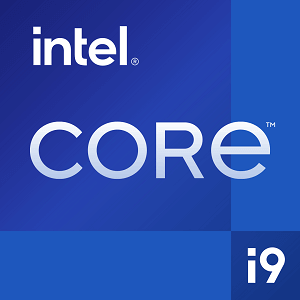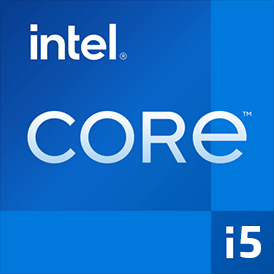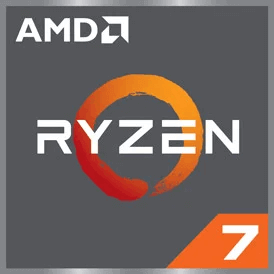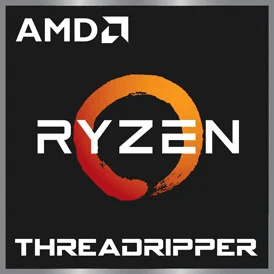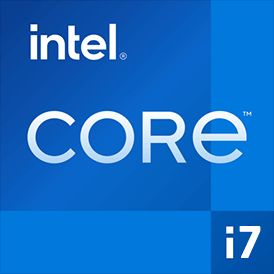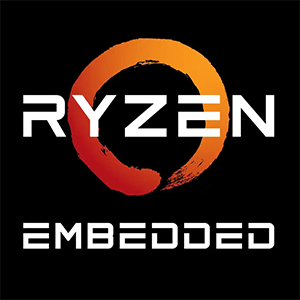Apple M4 Ultra vs Intel Core i9 12900T
We compared two desktop CPUs: Apple M4 Ultra with 32 cores 4.52GHz and Intel Core i9 12900T with 16 cores 1.4GHz . You will find out which processor performs better in benchmark tests, key specifications, power consumption and more.
Main Differences
Apple M4 Ultra 's Advantages
Released 3 years and 4 months late
Higher specification of memory (8533 vs 4800)
Higher base frequency (4.52GHz vs 1.4GHz)
More modern manufacturing process (3nm vs 10nm)
Score
Benchmark
Cinebench R23 Single Core
Apple M4 Ultra
+17%
2200
Intel Core i9 12900T
1865
Cinebench R23 Multi Core
Apple M4 Ultra
+96%
44822
Intel Core i9 12900T
22804
Geekbench 6 Single Core
Apple M4 Ultra
+71%
4061
Intel Core i9 12900T
2362
Geekbench 6 Multi Core
Apple M4 Ultra
+165%
32898
Intel Core i9 12900T
12384
General Parameters
May 2025
Release Date
Jan 2022
Apple
Manufacturer
Intel
Desktop
Type
Desktop
ARMv9
Instruction Set
-
Apple M4
Core Architecture
Alder Lake-S
Apple M-Socket
Socket
Intel Socket 1700
Apple M4 Ultra GPU (80-core)
Integrated Graphics
UHD Graphics 770
-
Generation
Core i9 (Alder Lake-S)
Package
3 nm
Manufacturing Process
10 nm
-
Power Consumption
35 W
100 °C
Peak Operating Temperature
72 °C
-
Foundry
Intel
-
Die Size
215 mm²
CPU Performance
24
Performance Cores
8
24
Performance Core Threads
16
4.52 GHz
Performance Core Base Frequency
1.4 GHz
-
Performance Core Turbo Frequency
4.9 GHz
8
Efficiency Cores
8
8
Efficiency Core Threads
8
2.89 GHz
Efficiency Core Base Frequency
1000 MHz
-
Efficiency Core Turbo Frequency
3.6 GHz
32
Total Core Count
16
32
Total Thread Count
24
-
Bus Frequency
100 MHz
45
Multiplier
14.0
-
L1 Cache
80 KB per core
-
L2 Cache
1.25 MB per core
-
L3 Cache
30 MB shared
No
Unlocked Multiplier
Yes
-
SMP
1
Memory Parameters
LPDDR5X-8533
Memory Types
DDR4-3200, DDR5-4800
192 GB
Max Memory Size
-
8
Max Memory Channels
2
-
Max Memory Bandwidth
76.8 GB/s
No
ECC Memory Support
No
Graphics Card Parameters
true
Integrated Graphics
true
500 MHz
GPU Base Frequency
300 MHz
1800 MHz
GPU Max Dynamic Frequency
1550 MHz
10240
Shader Units
-
640
Texture Units
-
320
Raster Operation Units
-
1280
Execution Units
32
120
Power Consumption
-
36.9 TFLOPS
Graphics Performance
-

